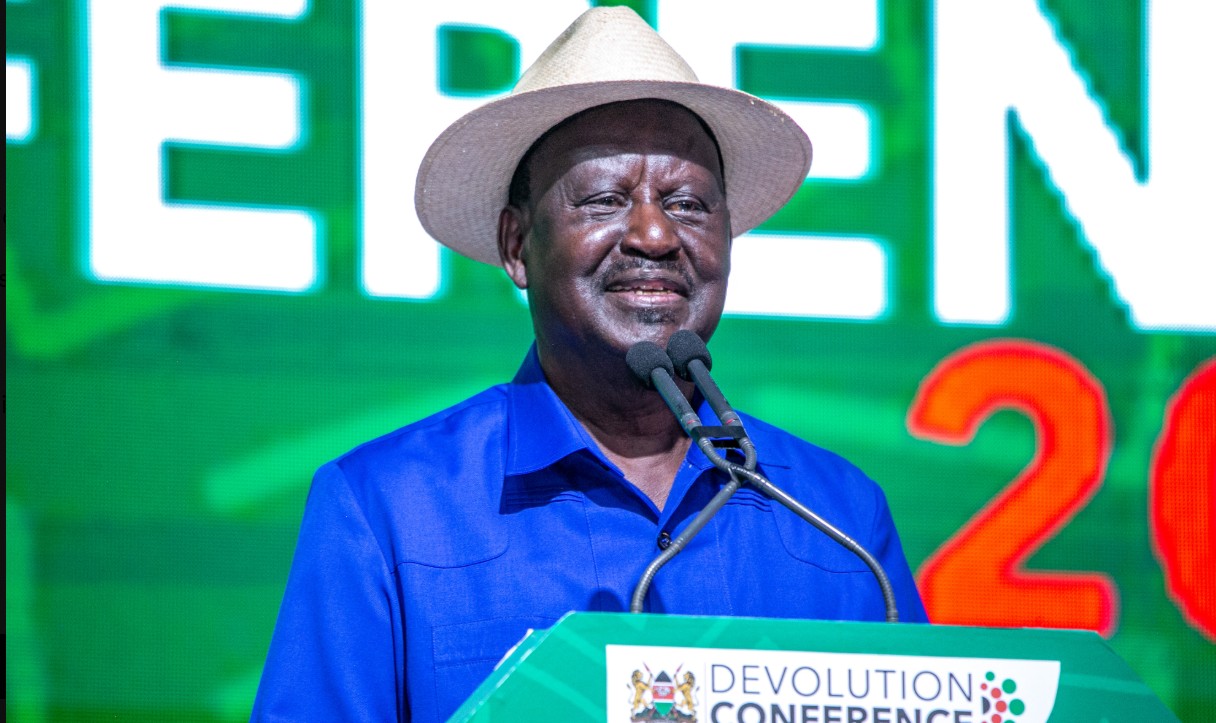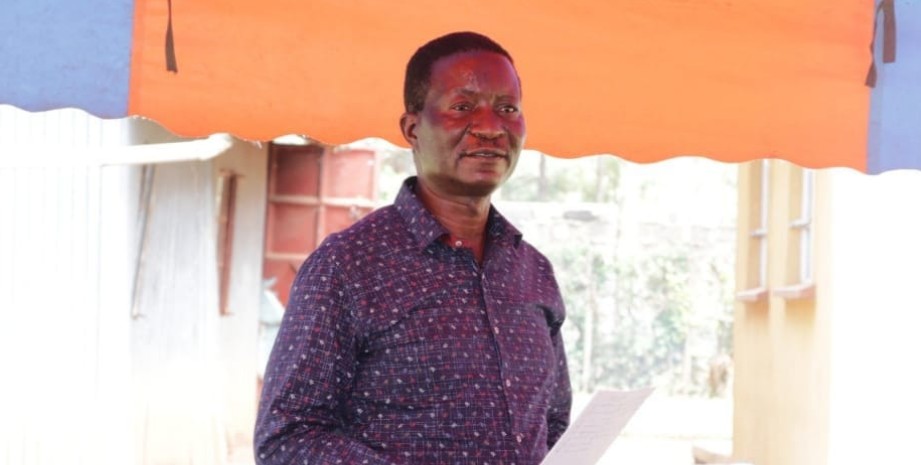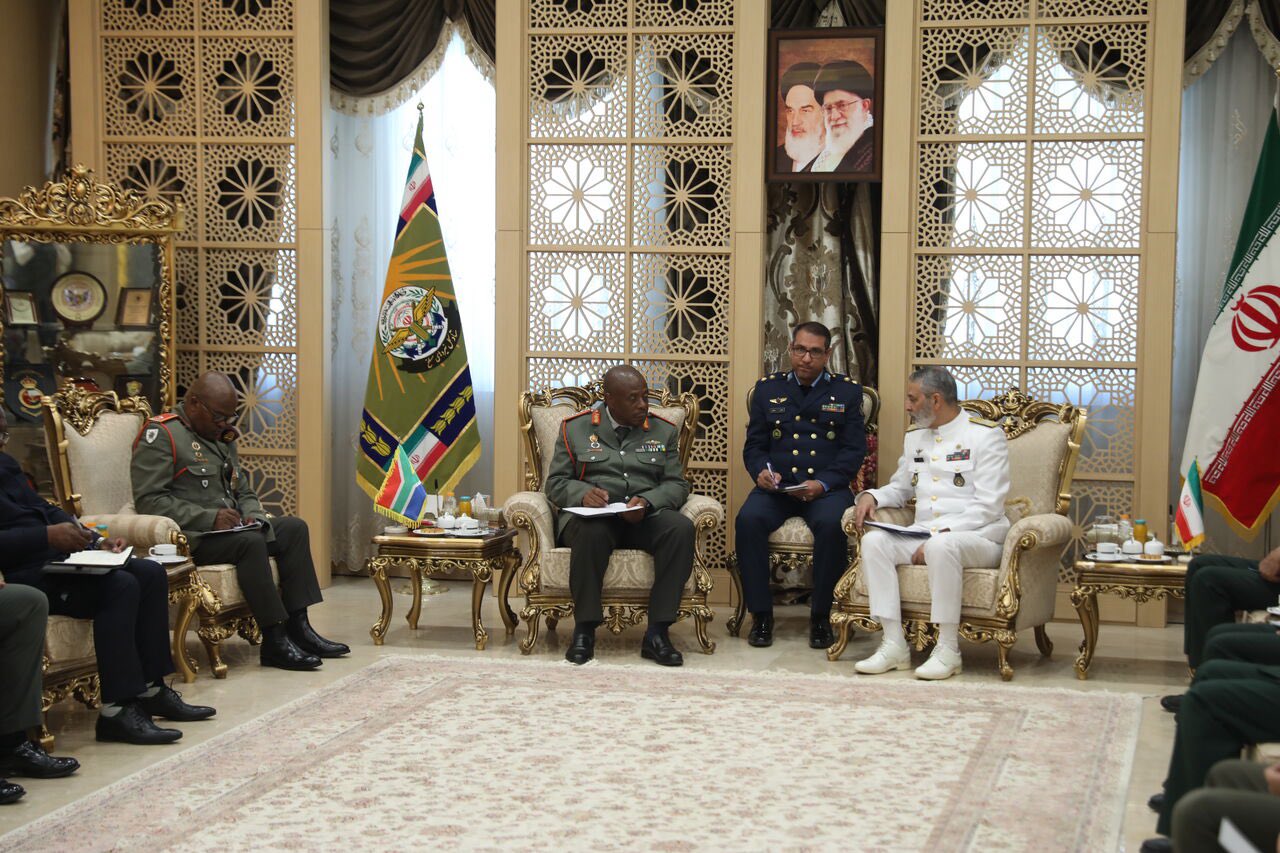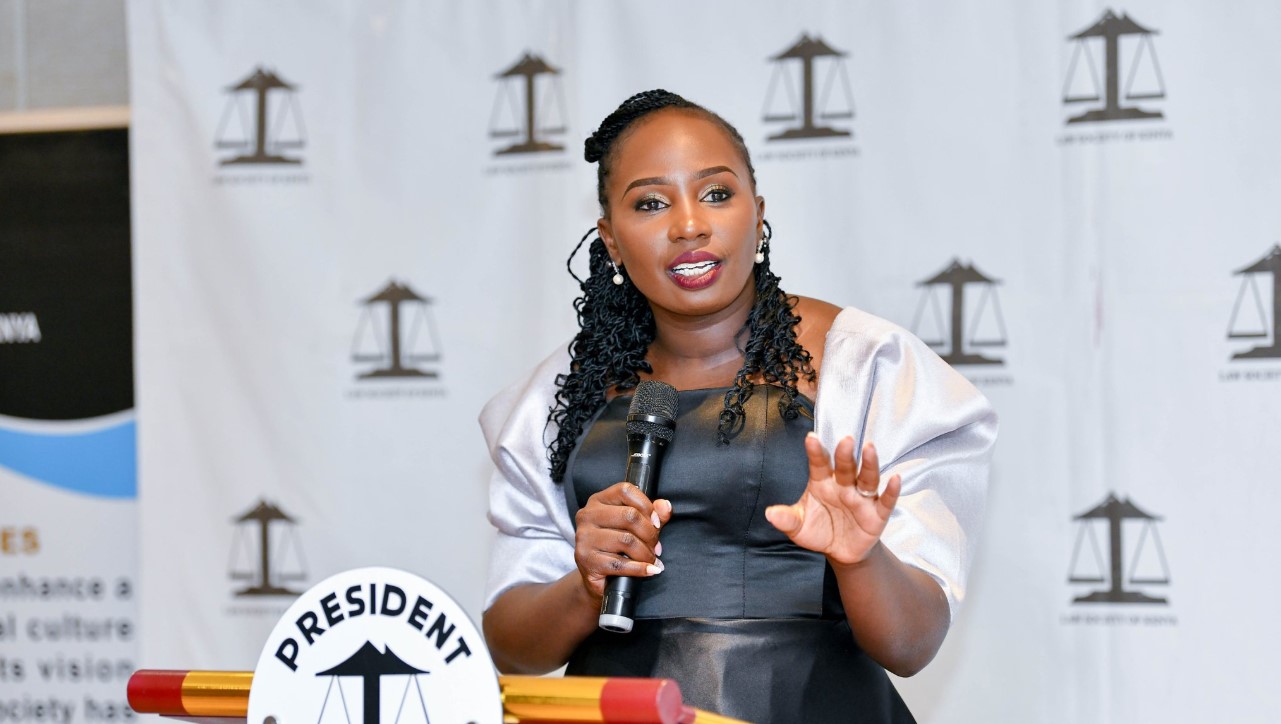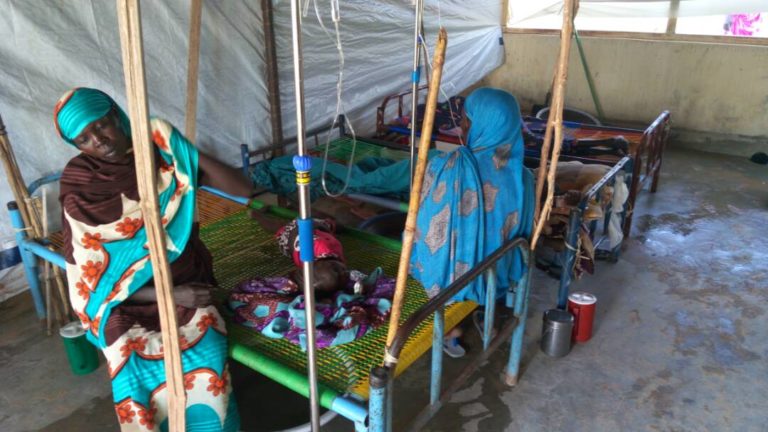Court clears Ruto’s inclusion of external advisors in Cabinet meetings
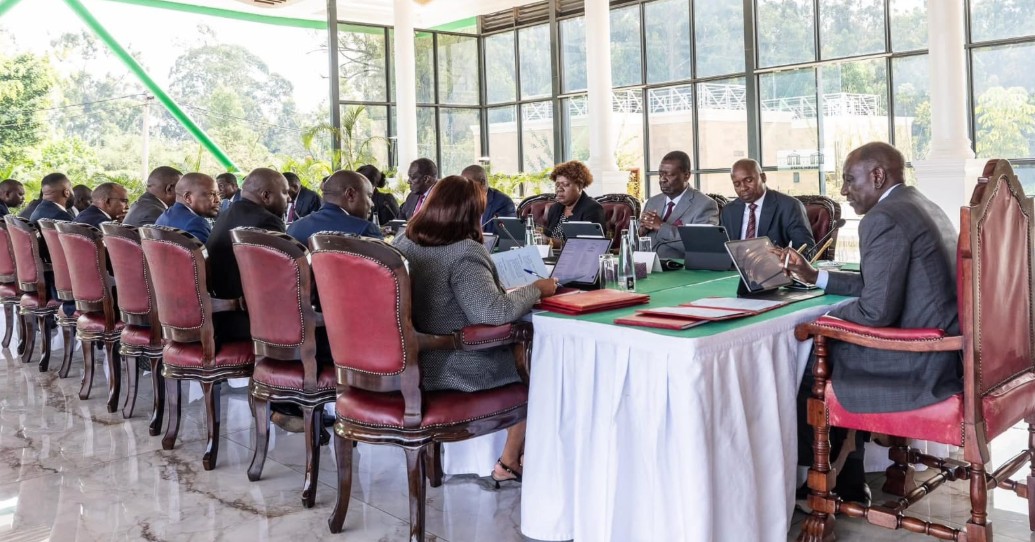
Justice Lawrence Mugambi said Article 152 of the Constitution clearly defines the composition of the Cabinet but does not expressly bar the President or Cabinet from occasionally inviting experts or advisors to offer technical or policy input on specific issues.
A petition challenging President William Ruto’s decision to invite external advisors to Cabinet meetings has been thrown out by the High Court, which ruled that occasional participation of non-Cabinet members is constitutional.
The petition, filed by lawyer Charles Mugane, had argued that allowing political and policy advisors to attend Cabinet sessions undermined principles of good governance. He specifically contested the June 27, 2023, decision permitting former United Democratic Alliance Secretary General Cleophas Malala, David Ndii, Monica Juma and Harriette Chiggai to join the sessions.
More To Read
- EAC and SADC back Africa-led framework to end Eastern DRC conflict
- Ruto’s pick for police commission dodge payroll questions, promise reforms
- Showdown looms as former DP Rigathi Gachagua cuts short US tour
- Ruto assents to new Bills strengthening county revenue and public finance management
- Duncan Ojwang declines Ruto's nomination for KNCHR chair position, vetting suspended
- Murkomen tells Gachagua to record statement over Al-Shabaab claims upon return to Kenya
In his ruling, Justice Lawrence Mugambi said Article 152 of the Constitution clearly defines the composition of the Cabinet but does not expressly bar the President or Cabinet from occasionally inviting experts or advisors to offer technical or policy input on specific issues.
“A permanent inclusion allowing regular attendance of non-Cabinet members in meetings of Cabinet, however, would run afoul of Article 152(1) of the Constitution as it is tantamount to an unconstitutional expansion of the Cabinet,” Justice Mugambi ruled.
“But occasional invitation of experts or advisors on a need basis falls within the President’s discretion.”
Justice Mugambi noted that the petitioner had failed to present credible proof that the four advisors were permanent members of Cabinet meetings. The court found that Mugane relied largely on newspaper reports, which the judge described as “secondary evidence” insufficient to prove the claim.
He pointed out that, unlike a 2020 case in which the State House publicly confirmed the regular inclusion of the then Nairobi Metropolitan Services boss General Mohammed Badi in Cabinet and announced that he had taken an oath of secrecy, no formal communication or written Cabinet decision was provided in the current matter.
“Since Ndii, Malala, Juma and Chiggai have denied sitting in the Cabinet, the burden was on the petitioner to prove his allegations,” Justice Mugambi said.
The judge also recalled that non-Cabinet members sitting in Cabinet was not a novel issue, citing when the current Lands Cabinet Secretary Alice Wahome had challenged Badi’s attendance in former President Uhuru Kenyatta’s Cabinet. The difference, he said, was the existence then of official communication confirming Badi’s role.
In dismissing the petition, Justice Mugambi stressed that courts should not “interpret a legal gap in a manner that constrains the discretion of the Cabinet or the President on internal operational matters within the Executive Branch,” provided such discretion is exercised within constitutional limits.
He made no orders as to costs.
Top Stories Today
